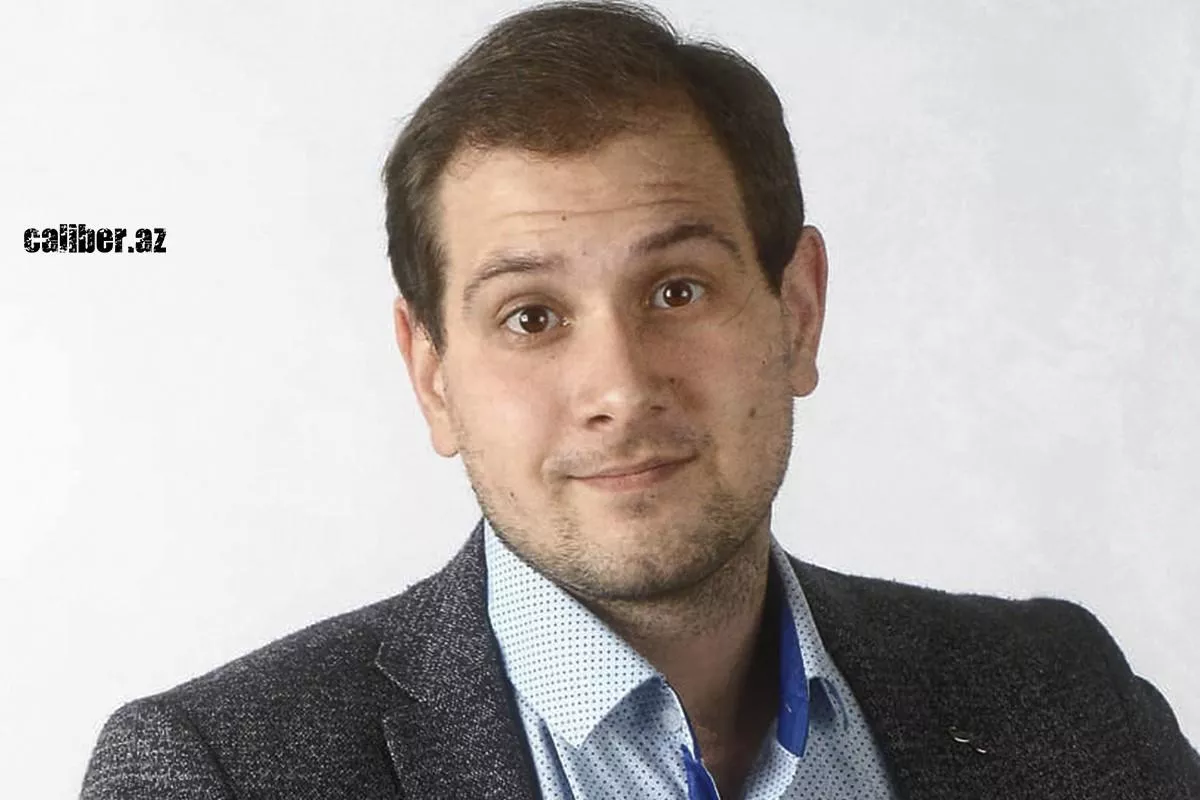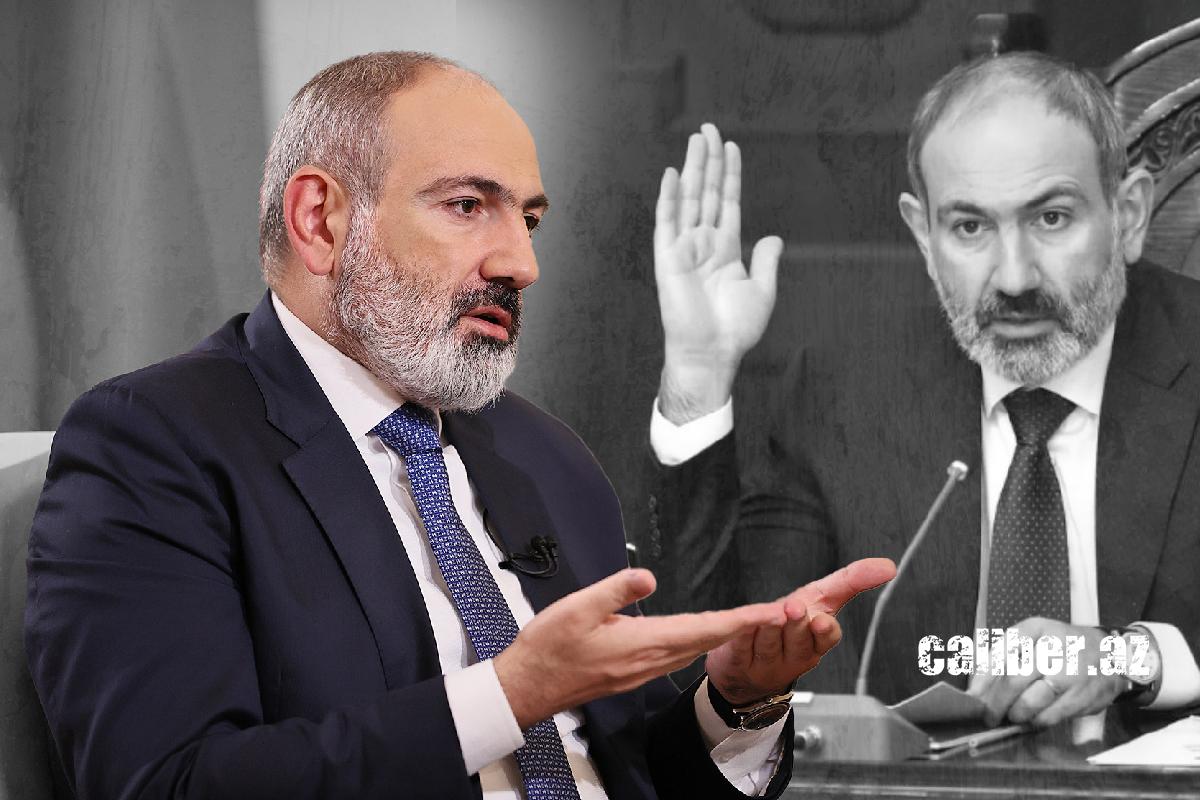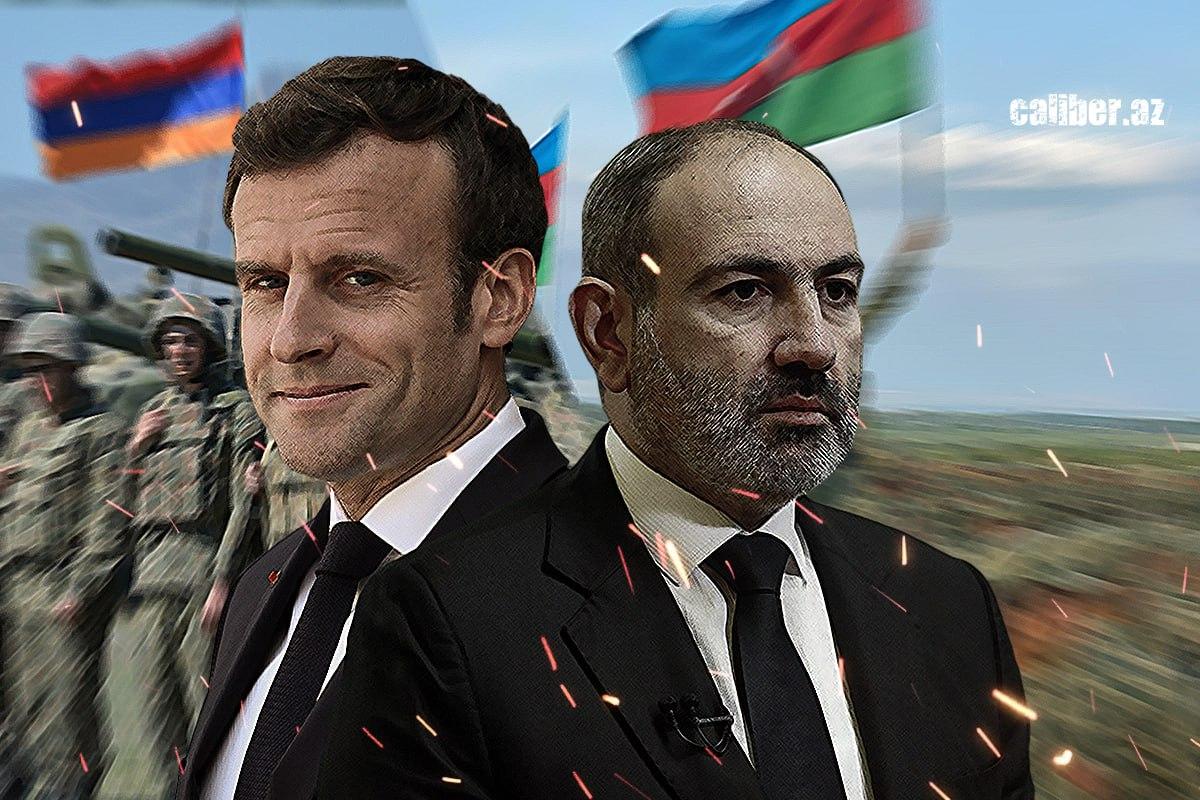Truncated peace treaty, South Caucasus, and Armenia's rearmament Challenging conversation with expert
Caliber.Az interviews Kirill Krivosheev, a Russian journalist and author specializing in Russia and Eurasia at the Carnegie Center in Berlin.

— Kirill, why do you think Armenia is in such a hurry to sign a peace agreement with Azerbaijan before the start of the COP29 conference?
— In a hurry? I don't see that.
— How can you say that? Armenian Prime Minister Nikol Pashinyan and his team have repeatedly suggested signing a truncated peace treaty, even before revising the Armenian constitution, which Azerbaijan insists upon.
— In my view, the signing of a truncated Armenian-Azerbaijani peace treaty is not related to COP29. It's strange to consider this event as a reason for signing such an agreement, as it has nothing to do with a peace treaty. This event only impacts politics in one way: there's an assumption that military escalation is not possible before it, which is probably correct. Why would Azerbaijan seek military escalation before such an important event? Most likely, there won’t be any.
— Let’s assume this is your subjective opinion. What goals does the Armenian leadership have in persistently urging Baku to sign a truncated peace agreement?
— First of all, Nikol Pashinyan wants to sign a truncated peace treaty to alleviate pressure from external parties. He aims to formalize his commitments, primarily towards Baku, in a manner akin to a non-aggression pact and so on. That’s essentially the logic behind it.
Secondly, I agree that on the one hand, there is talk of constitutional changes in Armenia, but on the other hand, they are reluctant to make those changes and are stalling. They seem to believe that making amendments solely to accommodate Azerbaijan is politically risky, so they prefer to revise everything comprehensively, which will take considerable time. I think aiming for 2027, the year set for developing a new Armenian constitution, is a sensible decision. By then, it may be possible to draft a viable document, as the current Armenian constitution does not facilitate the establishment of a democratic state. It was written by Serzh Sargsyan to maintain power, and Pashinyan, after the Velvet Revolution, simply began to abide by it. In reality, it should be completely rewritten to fit a proper parliamentary republic. That’s the right approach.

Thirdly, the key objective is to sign a peace treaty that includes a single clause on the recognition of territorial integrity, allowing them to reproach Azerbaijan if necessary. That’s it. There are no other objectives.
— How would you explain Armenia's reluctance to withdraw from the Collective Security Treaty Organization (CSTO), despite assurances that it intends to do so?
— I think Armenia is hesitant to leave the CSTO, adhering to the principle of "better to do nothing than to do something." This reflects the logic of bureaucrats and politicians. If there’s an option to maintain the status quo, it’s often preferable to do so. Moreover, the CSTO is an utterly ineffective organization that, in practice, has no real influence. Exiting it would only provoke Russia further and cause unnecessary irritation. Why create additional tension? Whether Armenia remains in the CSTO or not makes little difference.
Formally, what would it even bring to Armenia? One might assume that leaving the organization could yield some benefits from the West, but that hasn’t happened. So, there’s not much rationale behind it. Consequently, Armenia's frozen membership in the organization is likely to continue, potentially for years. Why not just go on like this for another ten years? It’s entirely possible.
— What about the plans of the US and France in the South Caucasus?
— I don’t believe the US has any significant plans for this region, especially with the elections approaching. If you were to ask US presidential candidates, “What are your plans for the South Caucasus?” they likely wouldn’t provide any coherent answers. The South Caucasus does not hold significant value for the United States at the moment. They tend to view it mainly as a region bordering Iran and Russia. That’s about it. Kamala Harris has stated that her main opponent is Iran, while Donald Trump, despite his harsh rhetoric towards Iran, focuses more on China. However, it’s possible that the focus could shift depending on which candidate wins.
As for France, yes, it has an antagonistic stance towards Türkiye and Azerbaijan. This is a typical approach, and such policies will continue. France aims to strengthen its influence in the region, and Armenia is a key partner in that regard. This is a checkbox they will always mark. If one were to assume that France could act unilaterally, I’m not inclined to view politicians as so gifted that they can anticipate moves that far ahead. In my opinion, situations tend to unfold in a snowball effect. Even if politicians attempt to make adjustments, they often make things worse rather than better. I don’t have examples of politicians achieving their goals successfully. Usually, things happen contrary to everyone’s intentions.

— So, you believe the West is arming Armenia for no reason?
— It depends on what they are supplying and under what conditions. They are providing some French armoured vehicles. And so what? We understand that these arms aren’t given for free; they come at a cost. Essentially, if you’re a seller, expanding your market and the number of buyers is always your goal. If they buy, you sell. That’s it. There are no other interests involved.
Moreover, they are also purchasing to enhance the connectivity of Armenian infrastructure with the West, aiming to sever technical ties with Russia—that’s another objective. However, the notion that the West is arming Armenia to provoke an attack on Azerbaijan is a fundamentally strange idea. Even if they wanted to, it’s impossible to arm Armenia to that extent. One should ask: what volume of arms would be necessary to achieve that goal? It simply can’t be done, even with the sincerest intentions. Such a goal isn’t even on the table. Armenia wants to strengthen its military after the defeat in the war, essentially to rebuild it. Nobody is saying that Armenia shouldn’t have an army. And armoured vehicles aren’t the most terrifying weapons; they’re essentially just vehicles, not missiles or anything.
Just look at what is being supplied to Ukraine compared to what is being supplied to Armenia, and keep in mind that it’s on a commercial basis. No one is gifting arms to Armenia; this is simply a market transaction. Furthermore, Armenia is also inclined to shift towards the Western arms market. That’s their desire, and it would be foolish for the West to say, “We won’t supply you.” They will provide assistance. They are providing and will continue to provide.
— You say that France is supplying Armenia only with armoured vehicles. What about the 155mm CAESAR self-propelled howitzers? And the funds allocated from the European Peace Facility, which are also going towards arming Armenia?
— Well, should Armenia remain reliant on Soviet D-30 howitzers forever? The CAESAR self-propelled howitzers are clearly not the kind of weapon that will allow Armenia to reclaim Karabakh and Baku. However, their purchase will help Armenia adopt NATO-standard ammunition and gradually increase that dependence. Again, this is about politics and the market. Money is allocated, but the West needs to do something to maintain trust in Armenia as a counterbalance to Russia. And this is how it's done.
— What do you envision for Armenia's future if it completely distances itself from Russia?
— I think a good example of this is Moldova, which, by the way, does not share a border with Russia. Countries that border Russia often face threats from such a rupture. There are always ways to intimidate them. However, when a country does not directly neighbour Russia, there are more options available. Yes, Moldova is not a wealthy country, but it is more eager to join the European Union than the EU is to accept it. A similar future awaits Armenia.








